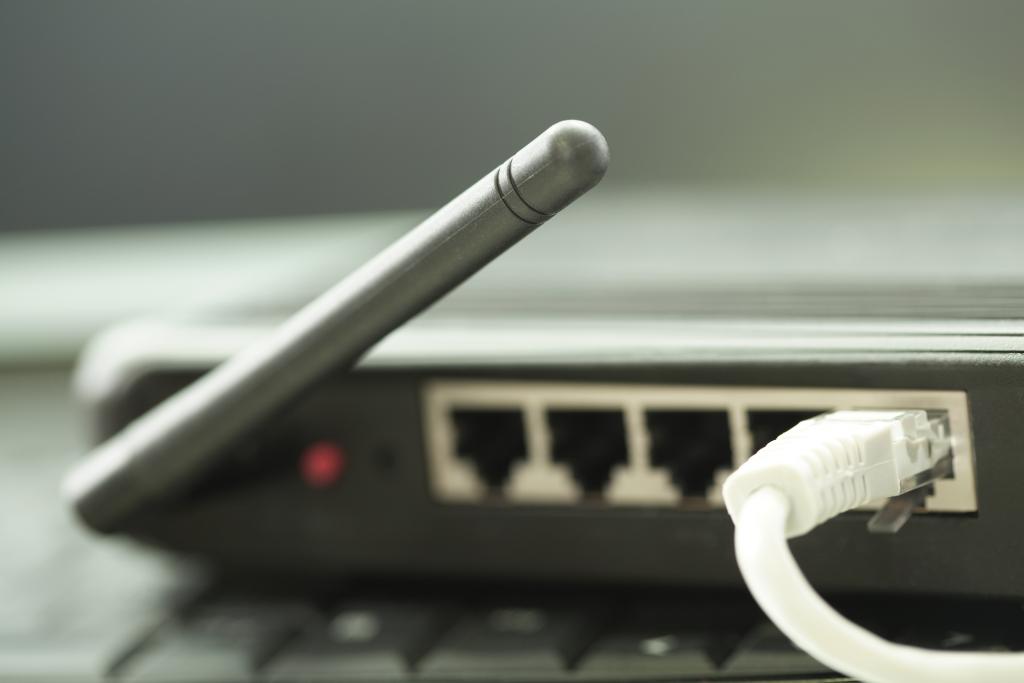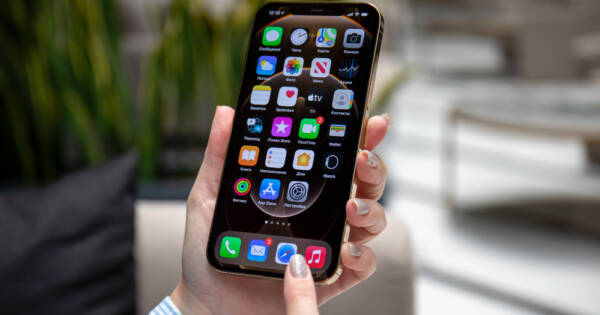The internet has become an everyday necessity, but it’s also become increasingly invasive – and today, there’s essentially zero privacy on the internet. It’s easier than ever to be targeted by a hacker. Every computer has its own unique IP address, giving hackers the ability to find out your location in seconds.
Fortunately, there are ways to increase your privacy and protect yourself online. You just need a cyber security product that’s designed to protect internet users’ privacy: a VPN.
 What Is a VPN?
What Is a VPN?
A VPN is a virtual private network – a network that offers you privacy and anonymity while you’re on the internet.
With a VPN, you’re connected every time you connect to the internet. When you head online, your VPN hides your IP (internet protocol) address so others can’t trace or track you. Instead of letting others on the internet see exactly who and where you are, a VPN keeps your connection secure and encrypted, keeping your most personal information private.
As Norton¹ explains, VPNs create what’s essentially a private tunnel between your internet network and your computer. Hackers and others looking to steal your information and figure out where you are won’t be able to get into that tunnel or figure out where it begins or ends. The data is encrypted and scrambled, meaning even if it is hacked into, your data can’t be read.
When you browse the web without a VPN, you’re exposed. Others can see what you’re browsing, check out your personal information, and even hack into your network. However, with a VPN, you’ll be able to do everything from sending emails to paying bills to accessing your bank information without worrying about others “eavesdropping” or spying on your online behavior.
What Can a VPN Do?
One of the biggest perks of using a VPN is your ability to keep your browsing history, location, and personal information safe from prying eyes and potential hackers. And while that’s the primary purpose of getting a VPN, there are also plenty of other things this beneficial network can do.
Here’s what else a VPN can accomplish.
Hide your IP address from the rest of the world. Whenever you go online, your IP address is altered so that it can’t be traced. No one else can figure out where you or your computer are located, even when you’re on a public network where you’re vulnerable to anyone being able to find you and see your web activity.
Protects you from hackers. When connected to the internet via a VPN, no one else can tell where you are or what you’re doing online. Everything, from the websites you visit to the actions you take online, is encrypted. None of your personal information will be able to be stolen, making your most important transactions – like bank accounts and emails – unaccessible to hackers.
Ensure your internet activity is untrackable. Your VPN masks your identity and your location, making you unable to be tracked. And on top of this, a VPN encrypts every one of your web sessions, which means even if a hacker is able to get your data, it’s all scrambled and unable to be read, used, or stolen.
Give you mobile freedom and flexibility. With a VPN, you can log onto public Wi-Fi anywhere and keep your information protected. It ensures that even from other destinations around the world, your local coffee shop, or even a friend’s house, you’re able to securely log on without any worry about privacy or having your information stolen.
How to Set Up a VPN
Although VPNs offer exceptional security and protection, they aren’t incredibly complicated to set up. In fact, setting up a VPN is actually quite easy.
In order to set up a VPN, you just need to find a provider. A VPN provider is easy to find: search online, and you can find plenty of websites offering VPN clients for Windows PCs, Mac, Android, iPhone, and iPad. You’ll need to pick a plan that meets your needs and suits your tech devices or computer, and then you’ll be protected as soon as your signup is complete.
How to Find the Best Deals on a VPN
Because there are so many different VPN clients and providers available online, you have a lot of choices when you’re ready to begin using a VPN.
Your first step should be to do some searching online. Look for VPN clients that work with your computer, and find plans that will meet your needs. You can compare different providers’ services and options, as well as their pricing and deals.
To find a deal on a VPN, you’ll want to look for new customer specials, discounts in your area, and any signup bonuses or coupons. Many VPN services offer these, and they can make getting a VPN affordable. Take the time to search and compare, and you can save money both when signing up and in the long run.
